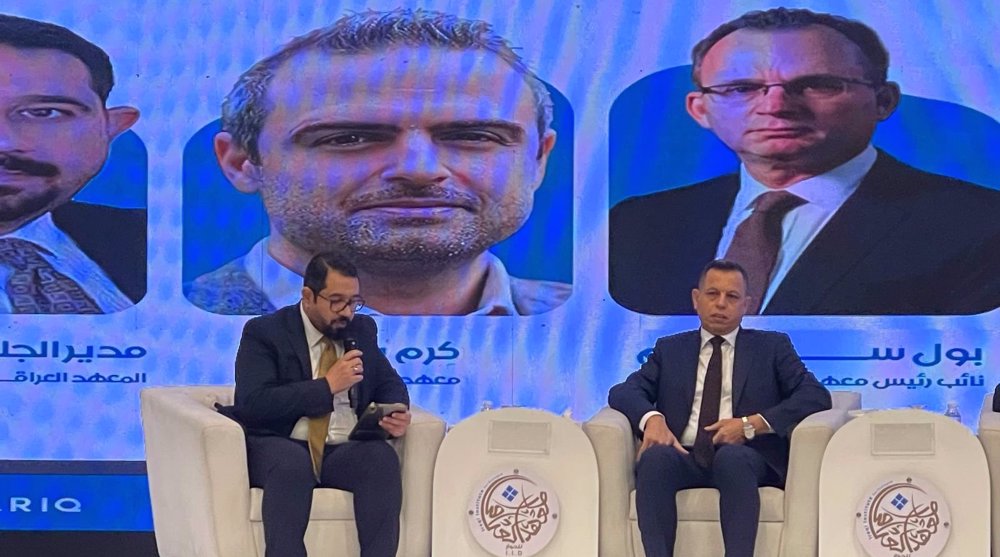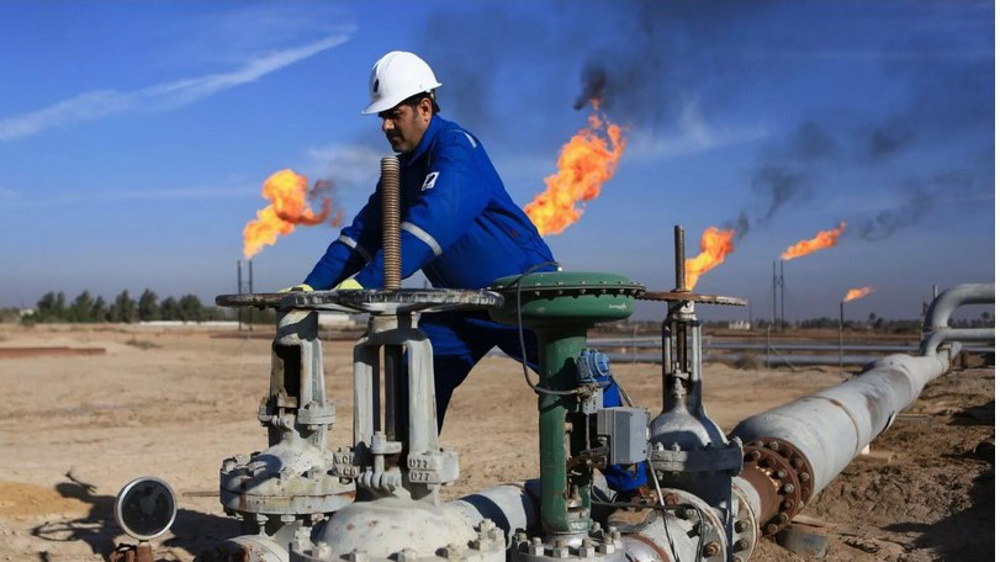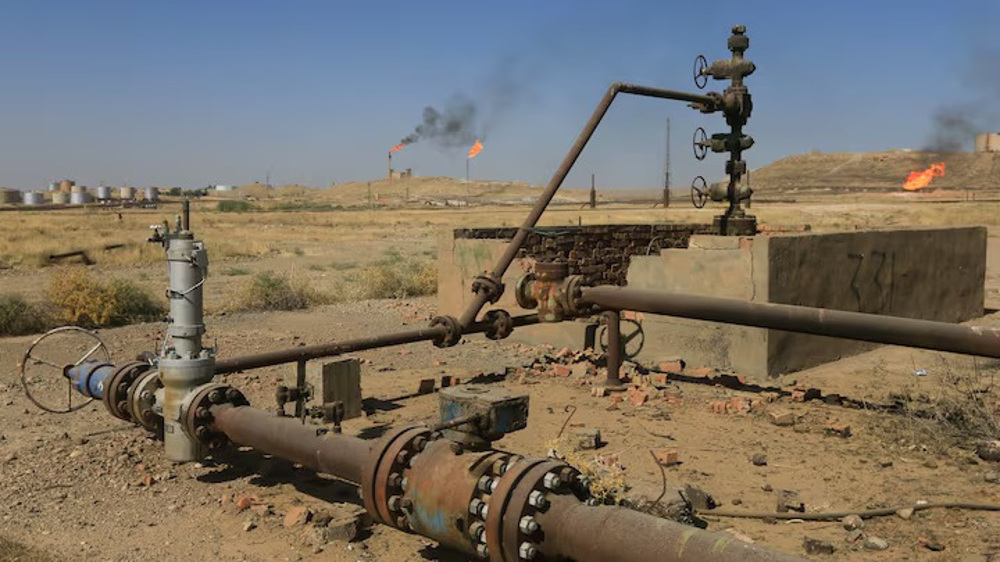Iraq blacklists 3 tankers for shipping Kurdistan's oil
The Iraqi state oil firm has put on its blacklist three tankers involved in shipping crude from the semi-autonomous northern region of Kurdistan, which has been bypassing the central government in Baghdad to export oil.
In a recent letter sent to oil market participants and seen by Reuters, the State Organization for Marketing of Oil (SOMO) said that it would not permit the ships Maran Centaurus, Four Smile and SN Olivia to enter Iraqi ports or export Kurdish crude.
The development came one day after the Iraqi government reached an agreement with Iraq's Kurdistan Regional Government (KRG) to start talks on oil revenue sharing.
The negotiations will focus on the production and distribution of crude from the Kurdish region and the nearby Kirkuk area, the office of Iraqi Prime Minister Haider al-Abadi said in a statement.
Earlier this month, Baghdad also resumed shipping crude from the Kirkuk fields to Kurdistan.
Last week, however, Baghdad warned that it could divert the Kirkuk crude to Iran by truck instead of sending it to Kurdistan via pipeline if the talks with the KRG broke down.
The Iraqi government has been locked in an oil dispute with the KRG. Since mid-2015, Kurdistan has been exporting crude independently, accusing Baghdad of having failed to respect an oil revenue sharing deal and transfer enough money to Erbil.
Baghdad, in turn, has accused Erbil of not exporting enough crude under the deal.
Kurdistan exports some 500,000 barrels per day (bpd) of its crude from the Turkish Mediterranean port of Ceyhan.
Falling oil prices have severely hit the Kurdish region, which like the capital, Baghdad, heavily relies on oil income to provide the majority of its funds.
This is while the northern and western parts of Iraq have been plagued by gruesome violence ever since Daesh terrorists mounted an offensive in June 2014.

Iraq warns Syria over security threats posed by Daesh remnants

Iraq denies it is resuming oil exports from Kurdistan under US pressure

US pressurizes Iraq to resume Kurdish oil export or face sanctions: Report
Iranian flotilla makes port call in India with 'friendship message'
How UK counter-terror police colluded with Zionists to detain me after Beirut trip
Biden, Blinken, Austin referred to ICC over Gaza war crimes
EU will 'do the same' if US implements tariff hikes: France
VIDEO | Press TV's news headlines
British celebrities condemn BBC removal of Gaza documentary
Iran Army acquires tactical vehicles, audio surveillance systems
VIDEO | UK police detain anti-Zionist scholar upon return from Lebanon







 This makes it easy to access the Press TV website
This makes it easy to access the Press TV website